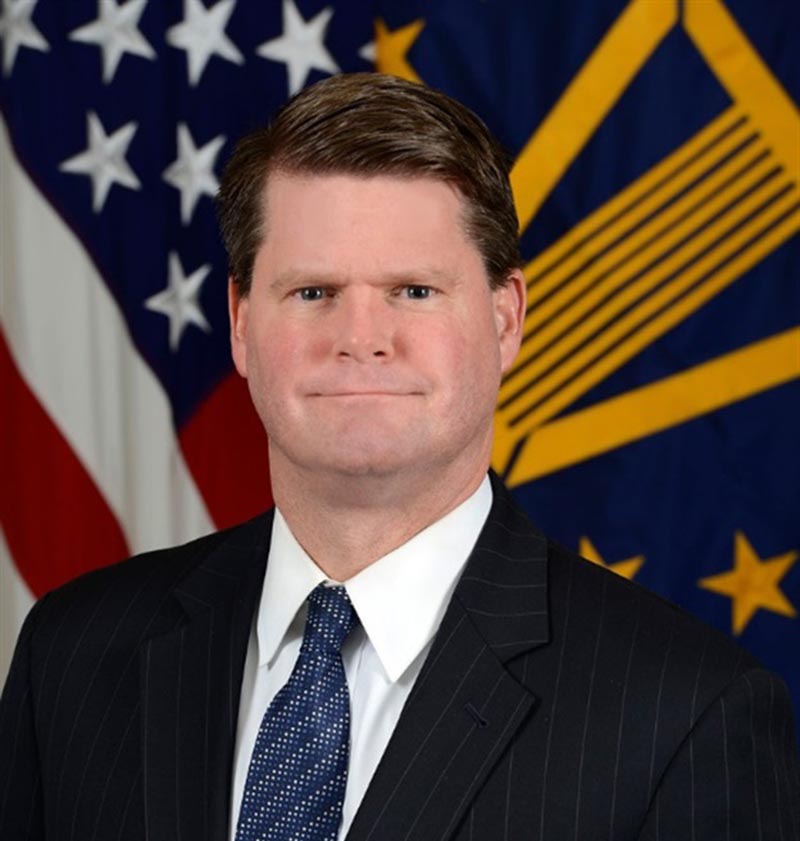‘Nepal-US defence ties on good track’
Kathmandu, December 6
Visiting United States Assistant Secretary of Defence for Indo-Pacific Security Affairs Randall Schriver today said the US accorded great importance to Nepal-US defence relationship and that the ties were on a good trajectory.
He said the defence relationship was built on the foundation of good political and diplomatic relationship of over seven decades. “I think the military cooperation is also a good foundation of bilateral relation and we are building from there,” he said, during an interaction with a selected group of journalists.
According to Schriver, besides strengthening bonds and deepening relationships, the US aspired to create a set of military and defence activities that promote Nepal’s own goals for its modernisation. “We want good relation with a purpose to promote Nepal’s own goals for its modernisation,” he said.
Schriver said the US’s vision for the Indo-Pacific region was that the region remained free and open as characterised by the fundamental principles and qualities such as respect for sovereignty, international law and norms, peaceful dispute resolution, and free, fair and reciprocal trade.
According to Schriver, the military-defence component of the Indo-Pacific strategy was enabling the countries to protect their sovereign interest. “Some of the trainings under this component helps the militaries to operate under civilian control and international legal environments,” Schriver said. “Our overall vision is to make Nepal strong, independent, sovereign, prosperous, and nothing more than that.”
On ongoing debate in Nepal regarding the IPS and Millennium Challenge Corporation Compact Programme, Schriver said the US welcomed the chance to hold discussion, explain from the US’s point of view, engage in a dialogue about what these principles were and why the US thought that other countries should build partnership with it. “The IPS goes beyond defence and there are economic, governance, and security components to it. The MCC is one of the major economic pillars of this approach,” Schriver said.
When asked if the suspicion in Nepal over the IPS is a result of meddling by other foreign powers, Schriver said the US’s competitors sometimes wanted to create narratives that the US was trying to force a choice or the US was trying to counter somebody else’s strategy.
“That’s not the case. If there’s a choice for the people of Nepal, then the choice is that you want to protect your sovereignty and you want to protect and promote international law and system. It’s not choice between capitals and countries, it’s a choice for standing up for these principles and values,” he said.
Schriver, yesterday, held meetings with the Deputy Prime Minister and Minister of Defence Ishwor Pokhrel, Minister of Foreign Affairs Pradeep Kumar Gyawali, Chief of Army Staff General Purna Chandra Thapa and Defence Secretary Reshmi Raj Pandey.
The discussions focused on various components related to US-Nepal military-defence ties such as security, assistance, training and exercise to strengthen the relationship.
Later in the day, Schriver visited Birendra Peace Operations Training Centre, Panchkhal, Kavre, to mark the opening ceremony of the new facility built under the US financial assistance. The US has invested $8.9 million in the centre.
Schriver said it was an important investment for the US because the benefit of helping Nepal with its peacekeeping training was great contributions to the United Nations’ peacekeeping missions.
“Nepal is already a part of global citizenry that makes major contributions with over 5,000 Nepali people currently deployed across at least 12 different missions. So it is something we proudly support. Not only the US but also the international community benefits from it,” he said.






